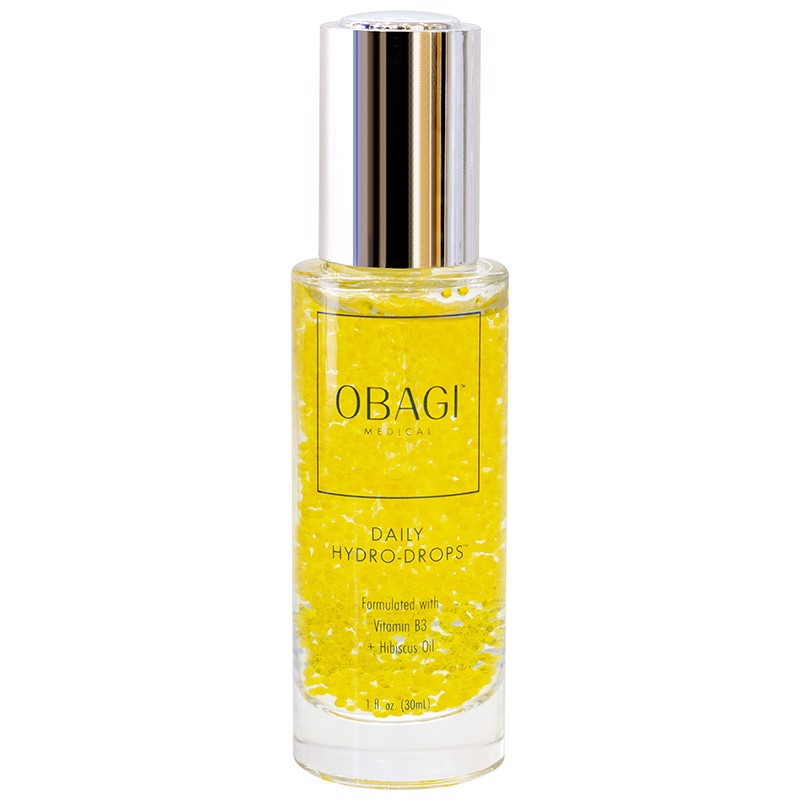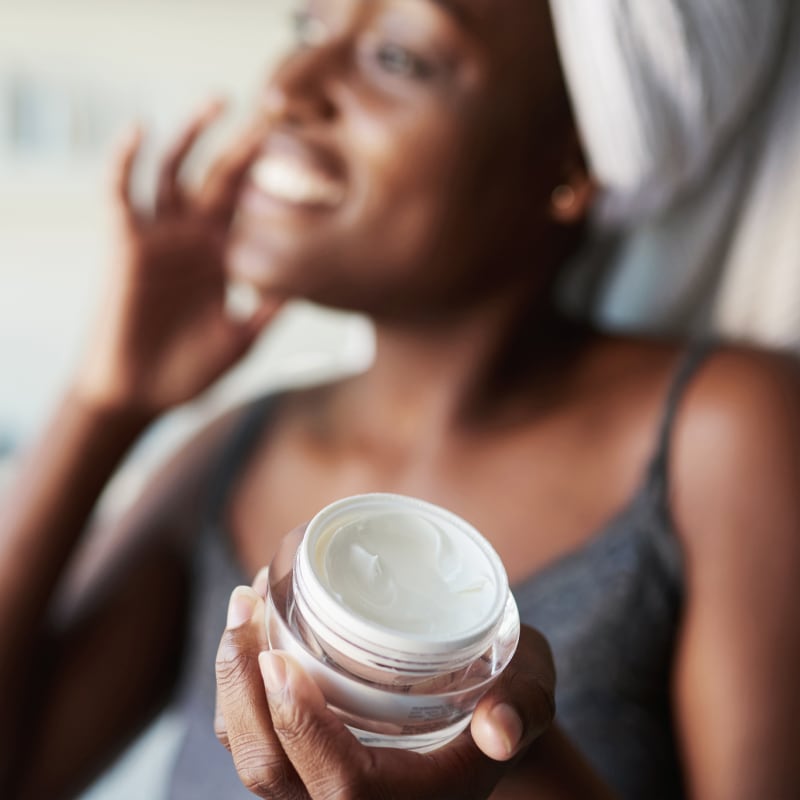Chemical vs. Mineral SPF: Why Mineral Sunscreen Reigns Supreme
Posted on 19th September 2024
When it comes to protecting your skin from the harmful effects of the sun’s ultraviolet (UV) rays, sunscreen is a non-negotiable part of any skincare routine. However, not all sunscreens are created equal. There are two primary types of sunscreen on the market: chemical and mineral (also known as physical). Each has its pros and cons, but mineral sunscreen has increasingly become the go-to option for many skincare enthusiasts and dermatologists. Let’s explore the differences and why mineral SPF might be the better choice for your skin and the environment.
What Is Chemical SPF?
Chemical sunscreens use active ingredients, such as avobenzone, oxybenzone, and octinoxate, that absorb into the skin. These ingredients work by absorbing UV rays and converting them into heat, which is then released from the skin.
Pros of Chemical SPF
- Lightweight and Invisible: Chemical sunscreens tend to be lightweight and easier to blend into the skin, leaving no white residue. This makes them a popular choice for everyday use and makeup application.
- Water-Resistant: Many chemical sunscreens offer superior water resistance, making them ideal for swimming or heavy sweating.
Cons of Chemical SPF
- Skin Sensitivity: The heat produced during the UV-blocking process can irritate sensitive skin. Additionally, the chemicals can sometimes cause allergic reactions or exacerbate conditions like rosacea.
- Environmental Concerns: Ingredients like oxybenzone and octinoxate have been linked to coral reef bleaching, prompting bans on these sunscreens in environmentally sensitive areas.
- Hormonal Disruption: Some chemical filters (e.g., oxybenzone) are suspected of being endocrine disruptors, which may interfere with hormone function.
What Is Mineral SPF?
Mineral sunscreens, on the other hand, use natural active ingredients like zinc oxide and titanium dioxide. These sit on the skin’s surface and create a physical barrier that reflects and scatters UV rays away from the skin.
Pros of Mineral SPF
- Immediate Protection: Mineral sunscreens start working as soon as they are applied, whereas chemical sunscreens require about 15-20 minutes to absorb and become effective.
- Gentle on Skin: Because mineral sunscreens don’t penetrate the skin, they are less likely to cause irritation, making them ideal for sensitive or acne-prone skin.
- Broad-Spectrum Protection: Zinc oxide and titanium dioxide offer excellent protection against both UVA and UVB rays.
- Eco-Friendly: Mineral sunscreens are generally safer for marine life and coral reefs, as their ingredients are less harmful than those in chemical formulas.
- Safe for All Ages: Mineral SPF is considered safe for children, pregnant women, and individuals with compromised skin barriers.
Cons of Mineral SPF
- Thicker Texture: Mineral sunscreens are often thicker and can leave a white cast on the skin, which may be less appealing for people with darker skin tones.
- Less Water-Resistant: While some formulations are water-resistant, they may not last as long as their chemical counterparts.


Why Mineral SPF Is the Better Choice
While both types of sunscreen offer essential protection against UV rays, mineral SPF stands out for its safety, efficacy, and eco-conscious profile.
- Skin Health Comes First: Mineral sunscreens are ideal for anyone with sensitive or reactive skin. They are non-comedogenic (won’t clog pores) and free from harsh chemicals that can irritate.
- Eco-Conscious Choice: With growing awareness of environmental conservation, choosing a reef-safe mineral sunscreen is a small but significant way to help protect marine ecosystems.
- Peace of Mind: Knowing that mineral SPF ingredients are inert and do not interfere with your hormones or body’s natural functions is a big win for long-term health.
How to Make Mineral SPF Work for You
To overcome some of the perceived downsides of mineral sunscreens, look for modern formulations that address common complaints:
- Opt for tinted mineral sunscreens to reduce the appearance of a white cast, especially if you have medium to deep skin tones.
- Look for lightweight or gel-based mineral SPFs designed for everyday wear.
- Choose a product with a water-resistant label if you plan to swim or sweat.
Final Thoughts
Whether you’re at the beach, hiking a trail, or simply stepping out for errands, sunscreen is your best defense against premature aging, sunburns, and skin cancer. While chemical sunscreens can be convenient, the benefits of mineral SPF far outweigh the drawbacks for most people. Its gentle, eco-friendly, and effective formula makes it a standout choice for those who want to protect their skin without compromising their health or the planet.
The next time you shop for sunscreen, consider making the switch to mineral SPF. Your skin—and the Earth—will thank you.



